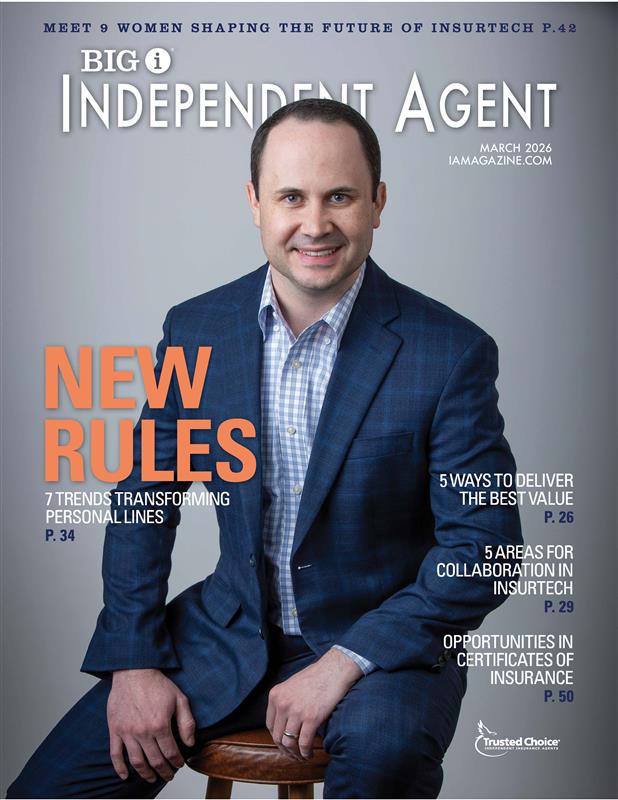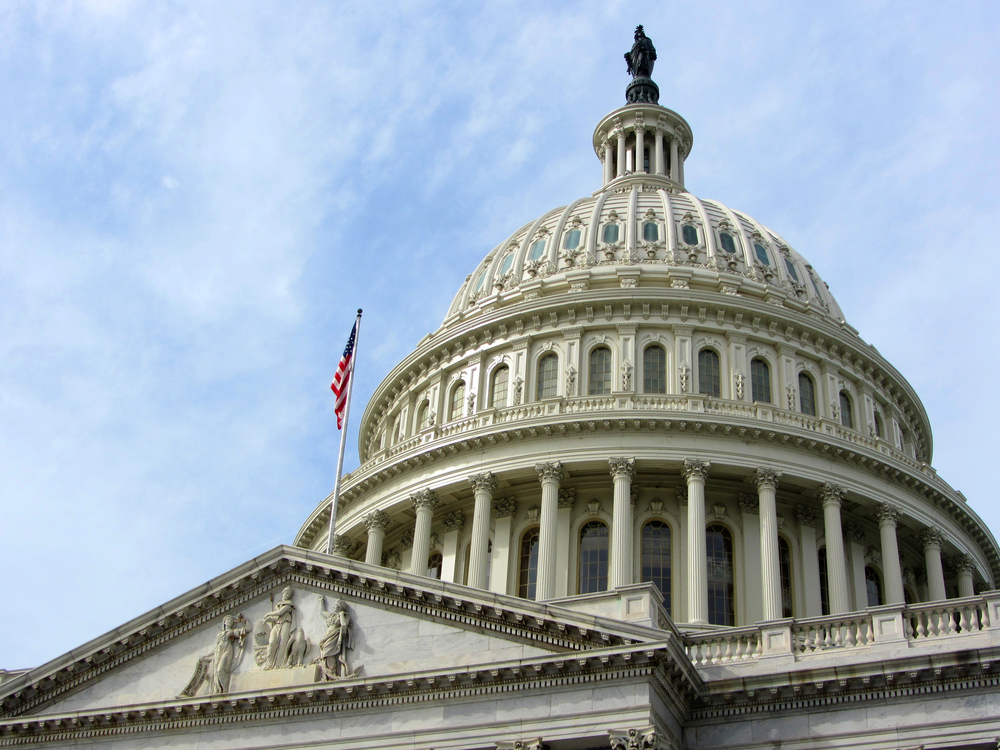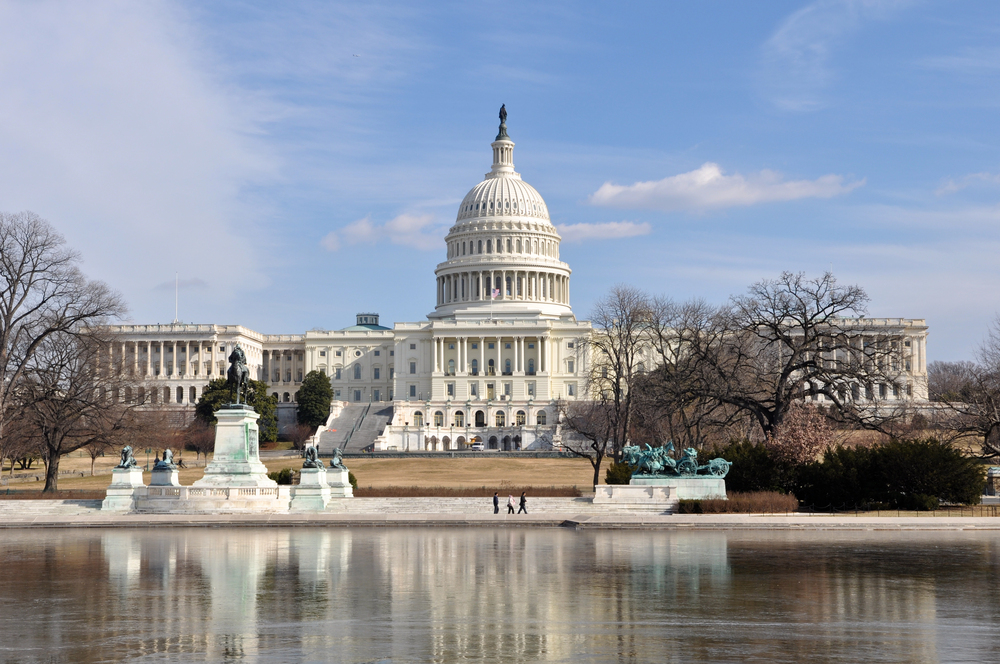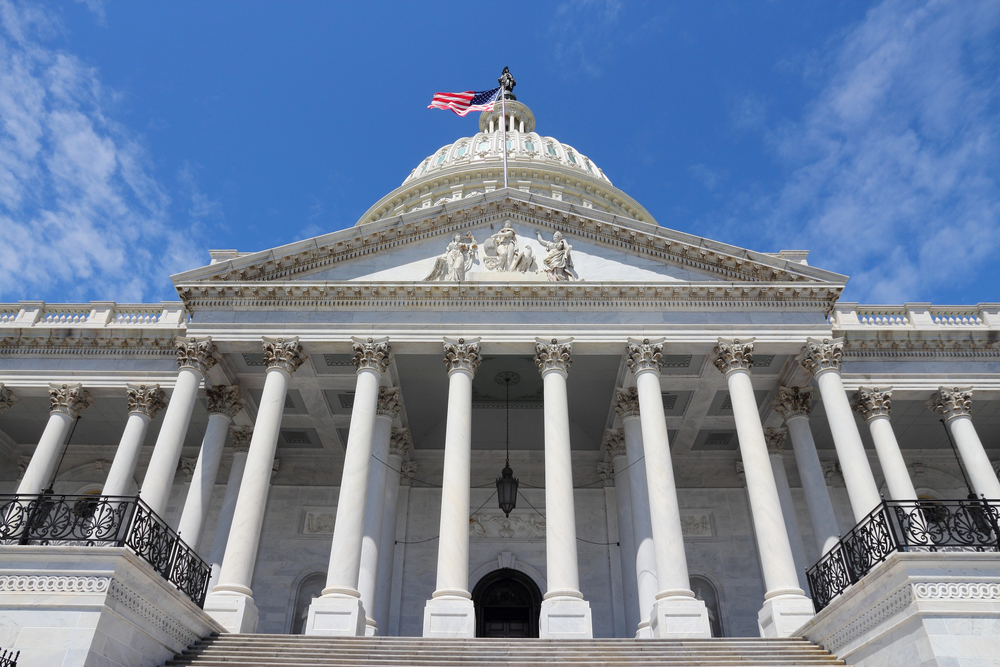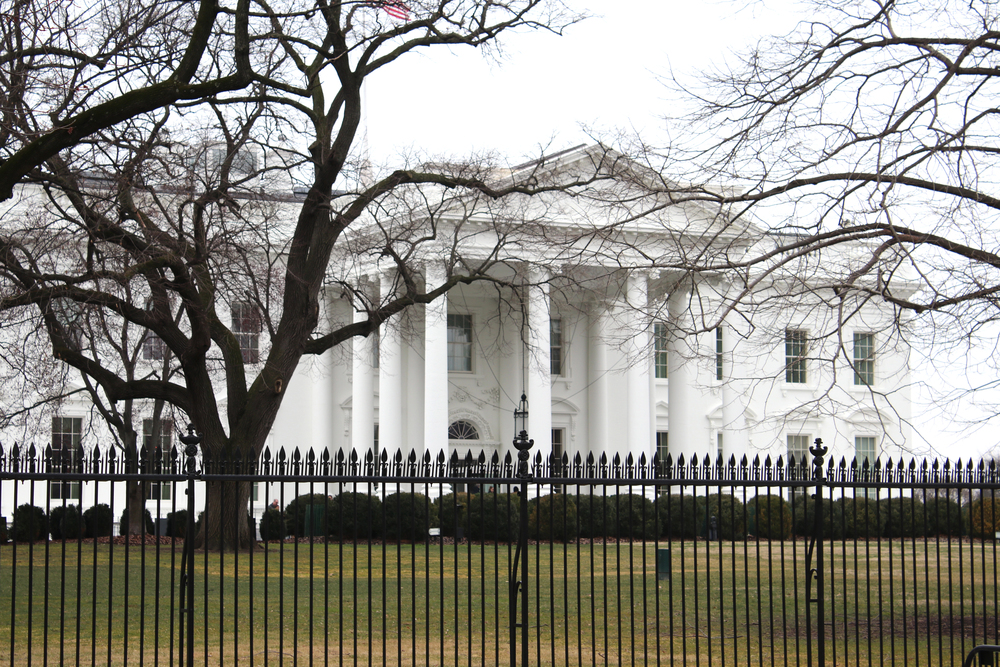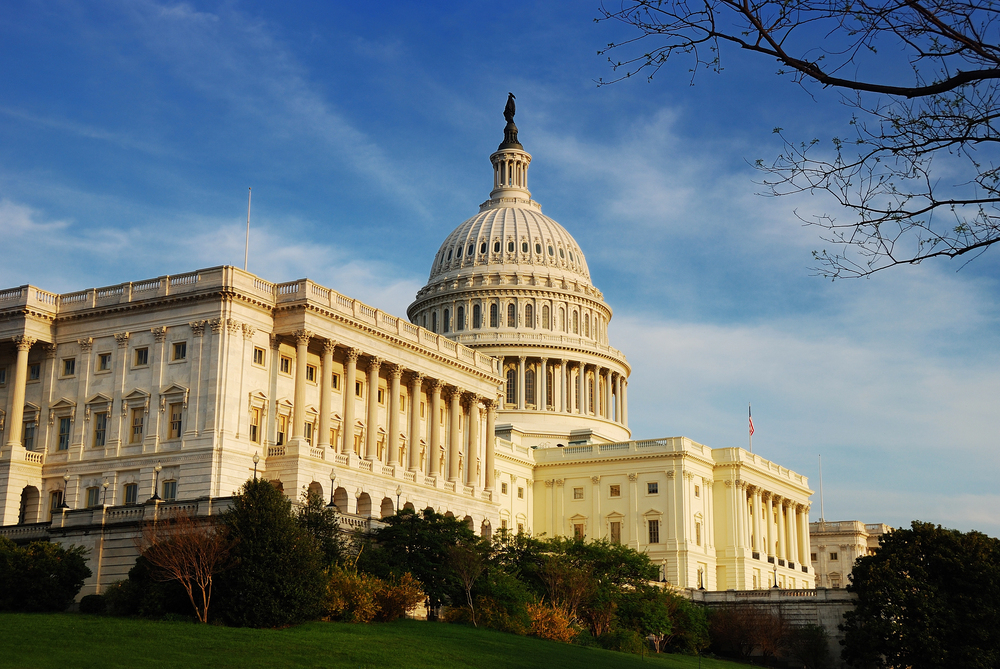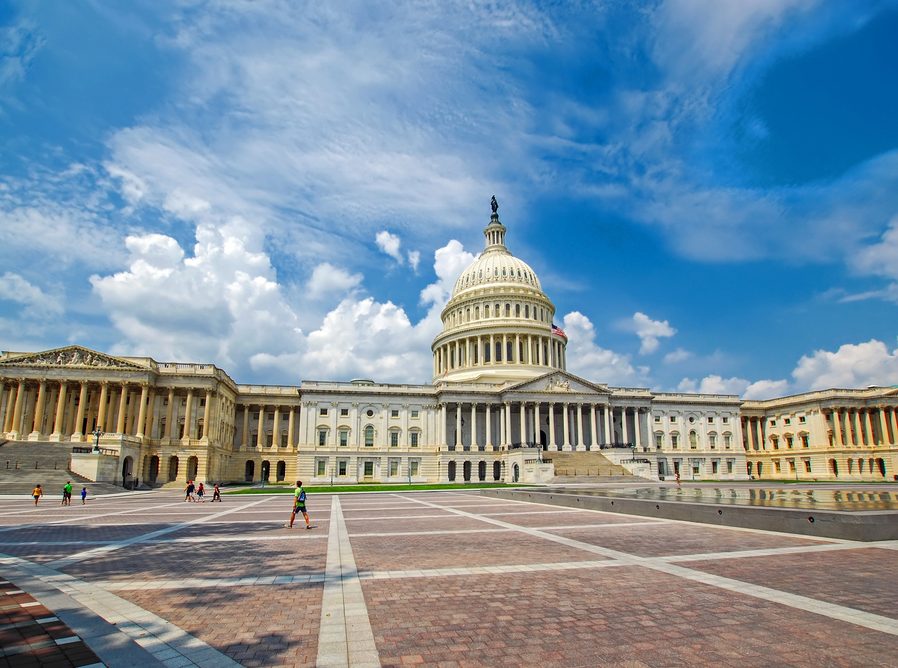DOL Prepares to Finalize New Rules
By: Jennifer Webb
The Department of Labor (DOL) is in the process of finalizing two new rules that address issues related to financial advice and employee classification for overtime pay—both of which will impact independent insurance agencies and many of their customers.
In preparation for release of the rules and in an effort to appease congressional concerns, Thomas Perez, DOL secretary, testified before three different congressional committees this week on the impending rules. Both rules are expected to be released sometime this spring.
The first rule, commonly referred to as the “fiduciary rule,” will require any person who provides clients with retirement investment guidance to adhere to a strict fiduciary standard of care. Currently, broker-dealers adhere to a suitability standard. The goal of the rule is to eliminate conflicts of interest, although current law already prohibits conflicts. The Big “I” has actively opposed this effort and is concerned that the broad-reaching impact of the rule will harm many investors and limit consumer access to professional advice.
The fiduciary rule is in the last phase of evaluation by the Office of Management and Budget’s Office of Information and Regulatory Affairs (OIRA), which is the “central authority for the review of Executive Branch regulations.” The final rule is anticipated later this month or early next.
The second rule under review adjusts when certain types of white-collar workers can properly be considered “exempt” employees who are not entitled to overtime compensation. Among other issues, the proposal calls for an excessive 113% increase to the salary threshold required to qualify for the white-collar exemptions, raising the annual salary level from $23,660 to $50,440 and tying it to inflation for the future.
This regulation will have a major impact on many independent insurance agencies, as it could require overtime pay for administrative staff under the $50,440 threshold. The Big “I” is concerned that the magnitude of DOL’s proposal will diminish employee flexibility, increase administrative burdens and costs on small businesses, and negatively impact insurance consumers through reduced customer service.
On Monday, the overtime rule went to OIRA for final review. OIRA typically reviews for 30-90 days, but the process may take as long as 120 days. The final rule is anticipated before the end of July, but could be completed as early as April or May.
To address both rules, members of Congress have introduced numerous legislative proposals, which the Big “I” supports. The Big “I” will discuss both issues during its upcoming Legislative Conference next month.
Jennifer Webb is Big “I” federal government affairs counsel.
